Nigerian street-pop savant Asake’s new album Lungu Boy finds him as spiritually grounded as ever and expanding beyond his center ((the title essentially means “boy in the hood” per Nigerian culture mag The Native). He’s already sung of God, good, evil, and purpose across his discography and through several languages, religions, and cultures. A prime example is 2023’s “Yoga,” a meditative track he wrote after two women were killed in a crowd crush outside a highly anticipated London show of his in 2022. His third album is simultaneously a look inward after ascending some of the highest heights an Afropop star has ever known as well as an embrace of the vast world around him from those vantage points. Lungu Boy keeps the faith but explores new sounds, becoming Asake’s most rhythmically and emotionally diverse album yet, with some experiments more successful than others.
“I found a sound among all the sounds,” Asake says as he narrates his come-up on “MMS” with Wizkid, sung predominately in Yoruba and Pidgin. Ironically, “MMS,” named for an acronym for Asake’s unique approach, actually feels like a Wizkid concession, with Asake showing reverence for Wiz’s legacy. The Afrobeats vet has his own distinct style, cool and jazzy, where Asake’s is often deep and urgent. Asake’s fame was built upon fusions of South African amapiano that he and producer Magicsticks helped shepherd into the Afrobeats mainstream. He also leans heavily into fuji, a style of music beginning in Southwestern Nigeria and evolving from heavy, rapid percussion to keep Yoruba Muslims up for their pre-dawn meal during the holy month of Ramadan. However, Asake sounds right at home on Wizkid’s turf.
“MMS” is filled with godly reverence in the Yoruba language, and much of Lungu Boy is performed in that native tongue. While this has risen the ire of some listeners who can’t understand it, his sense of melody, pacing, and attitude transcends language. In fact, the album is often at its best when Asake doesn’t have to worry about translating himself to English. The basic hook of “Skating is a lifestyle, skating skating skating, skating is a part of me,” dilutes a potent feat of production on “Skating,” whereas Asake’s chants of “O ye’loun/Gbogbo nka malo ye Olohun” (“God understands every situation”) on “MMS” give a subdued song a sense of spunk.
Lungu Boy’s experimentation with new genres is most successful when it’s explosive, like the New Orleans bounce and hip-house inflection of the Travis Scott collab “Active.” Scott and Asake are impressive bedfellows, with the Houston rage-master cunningly working the song’s incessant sample of fuji classic “Raise The Roof” by Jazzman Olofin and Adewale Ayuba into his verse. Asake goes full fuji on “Fuji Vibe,” perhaps his rawest engagement with the genre on wax – at over five minutes, it culminates in nearly three minutes of pure hand drumming and band jamming, punctuated by clips of fervent applause. Another standout is the dancehall flip of the Mary J. Blige classic “Real Love” for “Whine,” with Brazilian funk star Ludmilla. Songs like “My Heart” and “Uhh Yeah” are a bit heavy-handed in new territory, the former almost stereotypically employing Latin sensuality and the latter sounding like Tron-core computer music, but they each have their charms as well. Yet on the more subtle “Ligali,” “I Swear,” and “Suru,” Asake smoothly treads a middle ground between Afrobeats for a Saturday night and Sunday sermon, marrying the musicality of praise music with the grit of the streets.






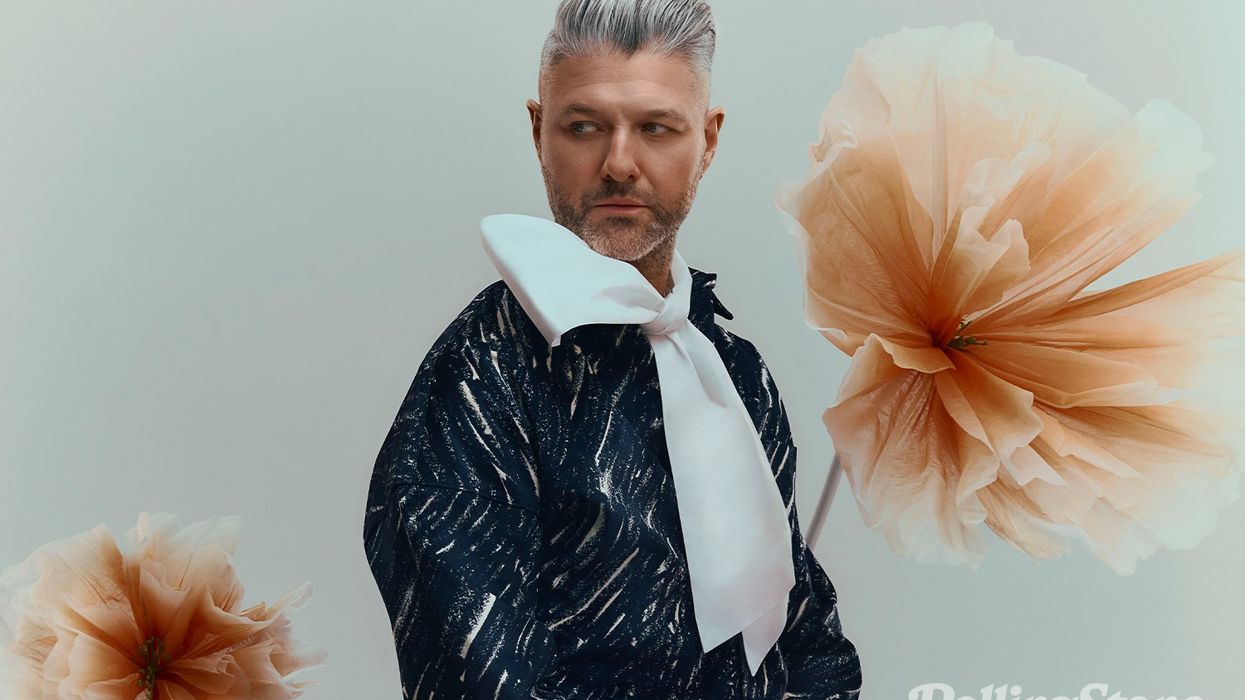
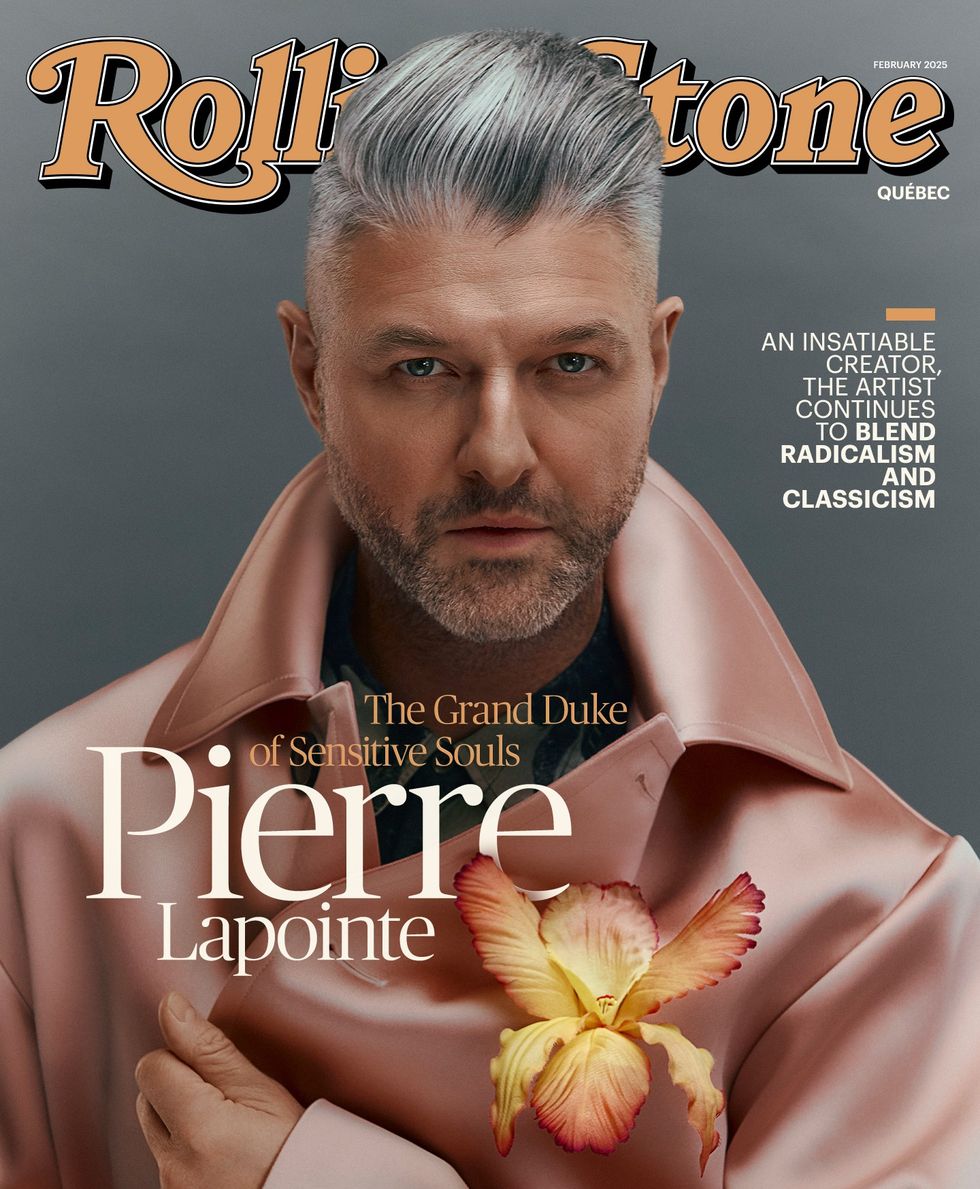 Coat (polyester and wool), shirt (silk), Dries Van Noten, SSENSE.com / Flower (silk), M&S Schmalberg
Coat (polyester and wool), shirt (silk), Dries Van Noten, SSENSE.com / Flower (silk), M&S Schmalberg
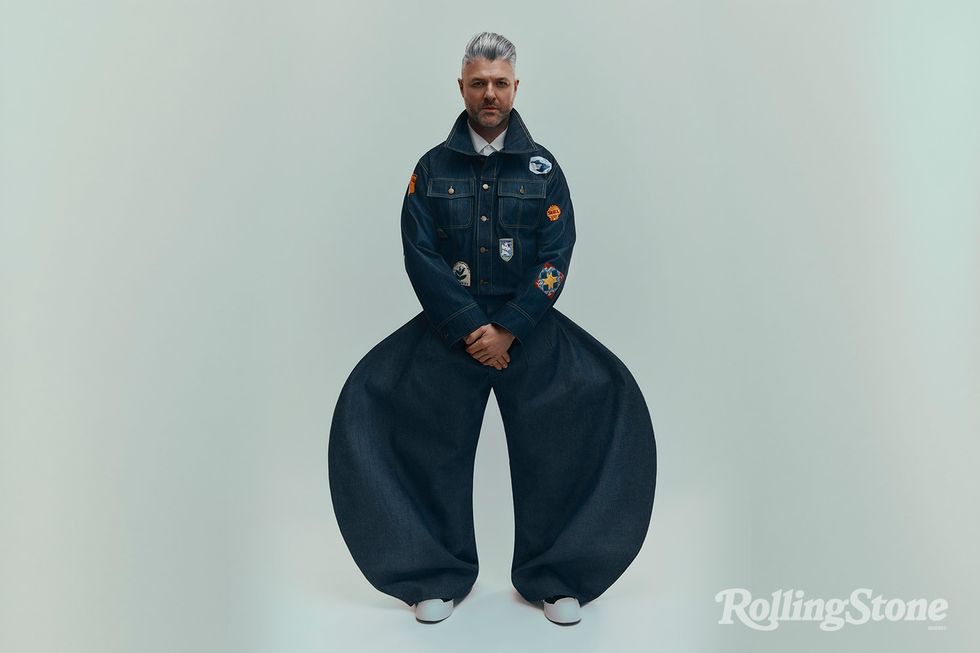 Blouson (denim and hand embroidered patches), WJ Crosson / Shit (polyester), Homme plissé Issey Miyake, Holt Renfrew/Pants from personal collection/ Shoes(canvas), Marni
Blouson (denim and hand embroidered patches), WJ Crosson / Shit (polyester), Homme plissé Issey Miyake, Holt Renfrew/Pants from personal collection/ Shoes(canvas), Marni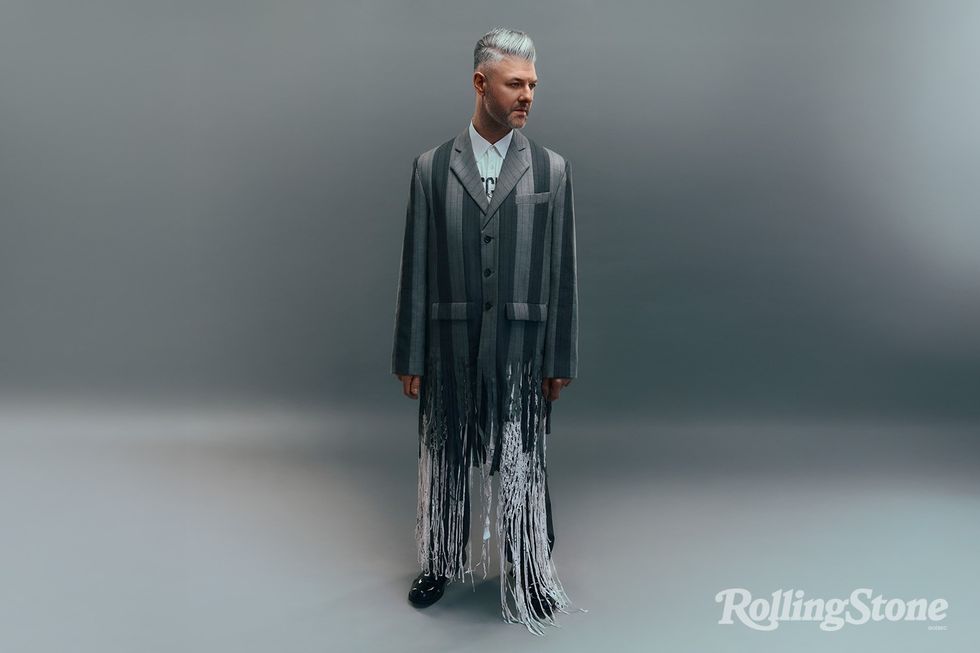 Jacket and pants (virgin wool), shirt (acrylic coated cotton), Moschino / Shoes from Pierre Lapointe's personal collection
Jacket and pants (virgin wool), shirt (acrylic coated cotton), Moschino / Shoes from Pierre Lapointe's personal collection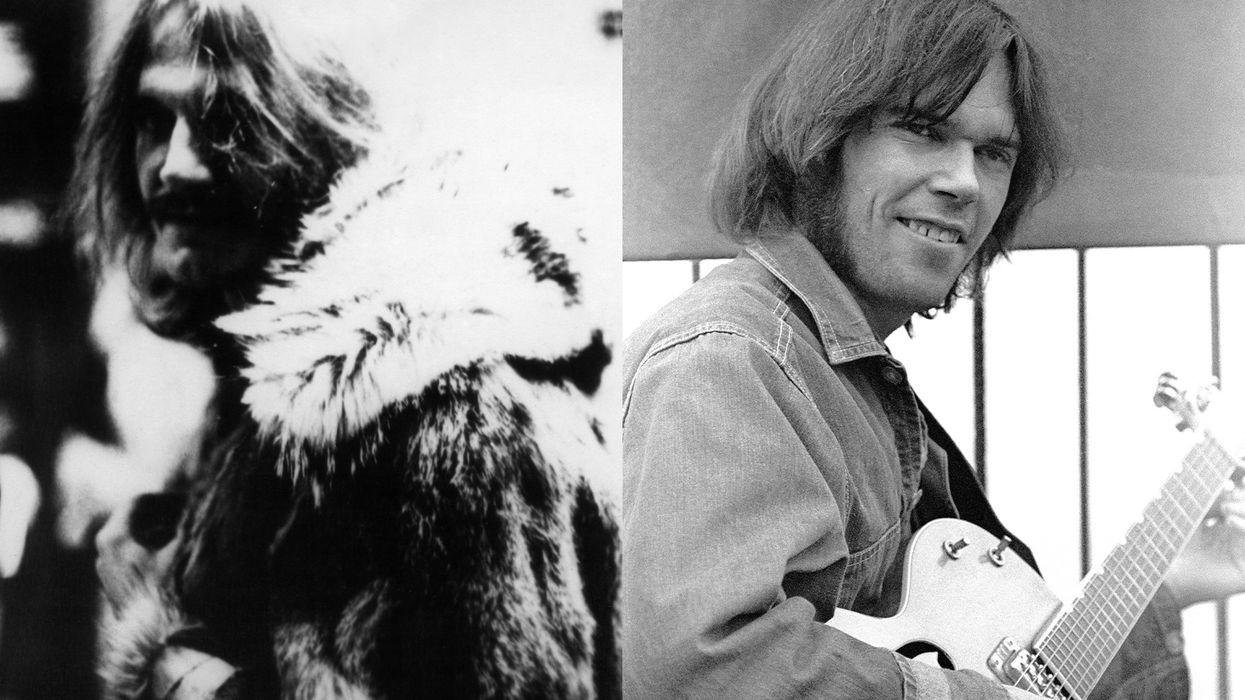
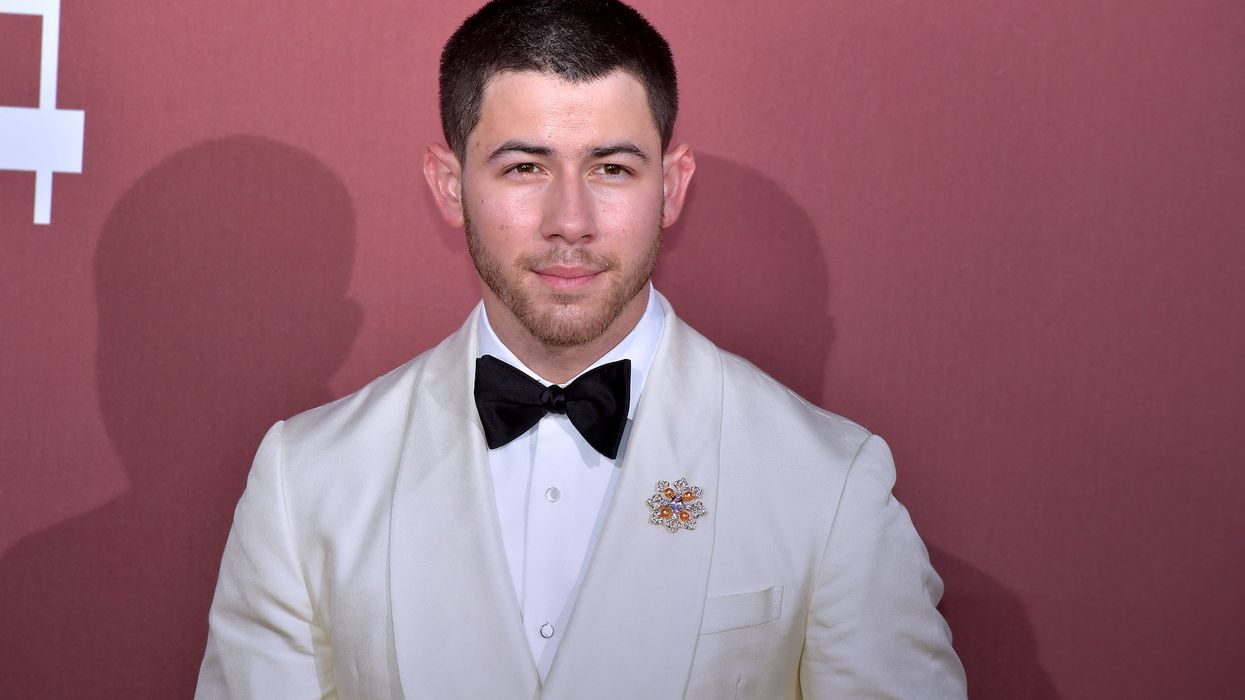
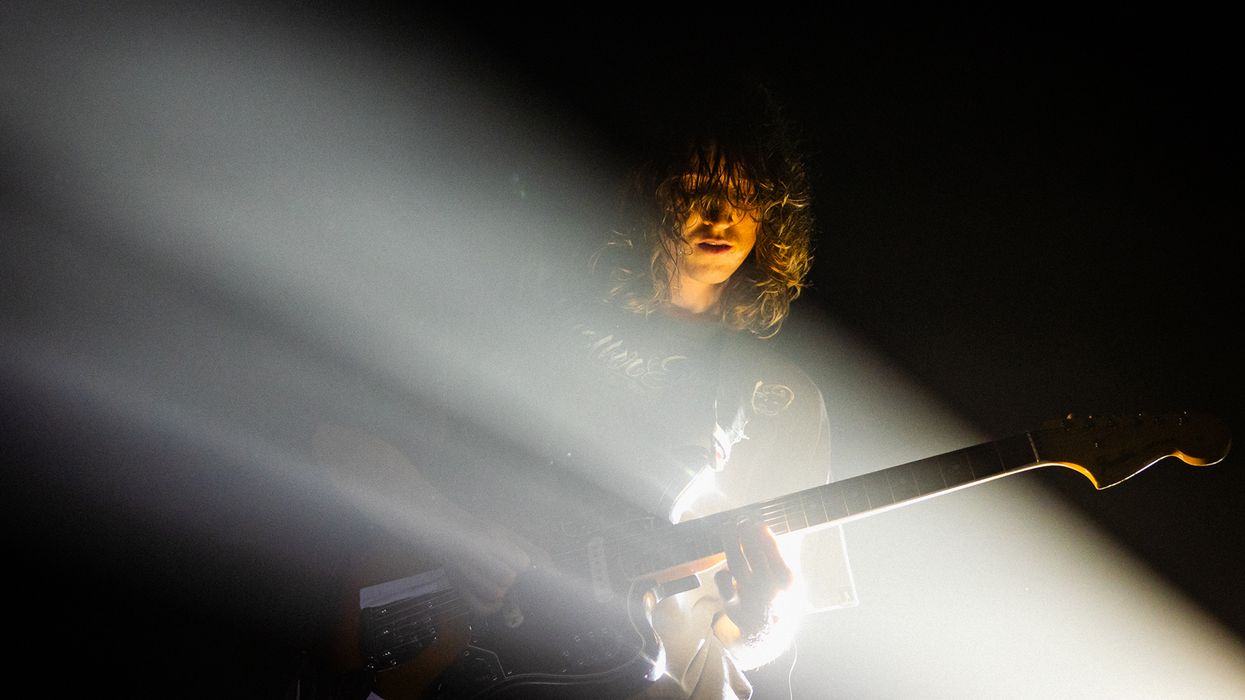



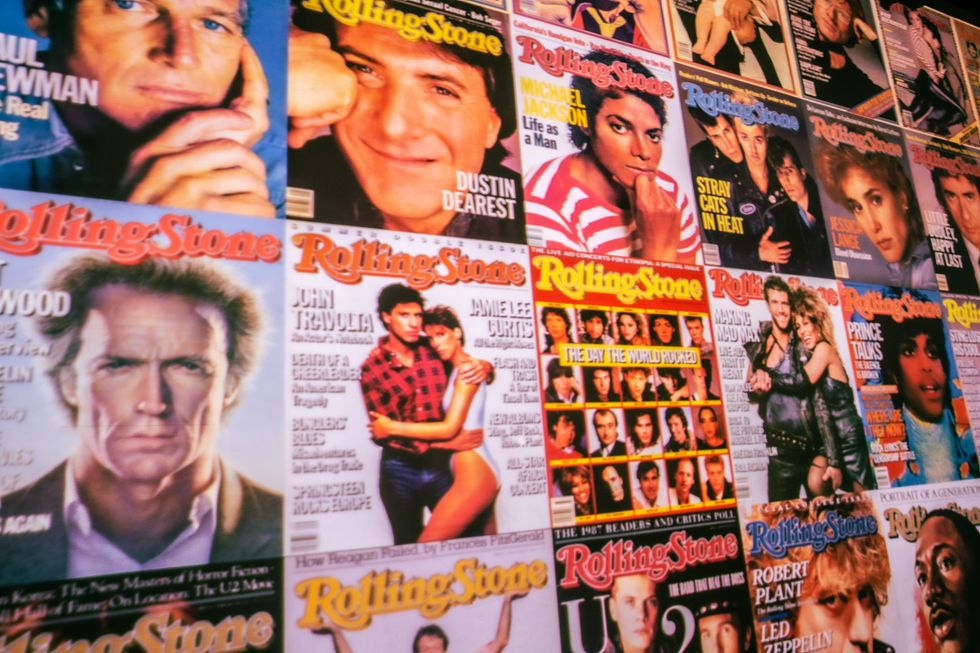
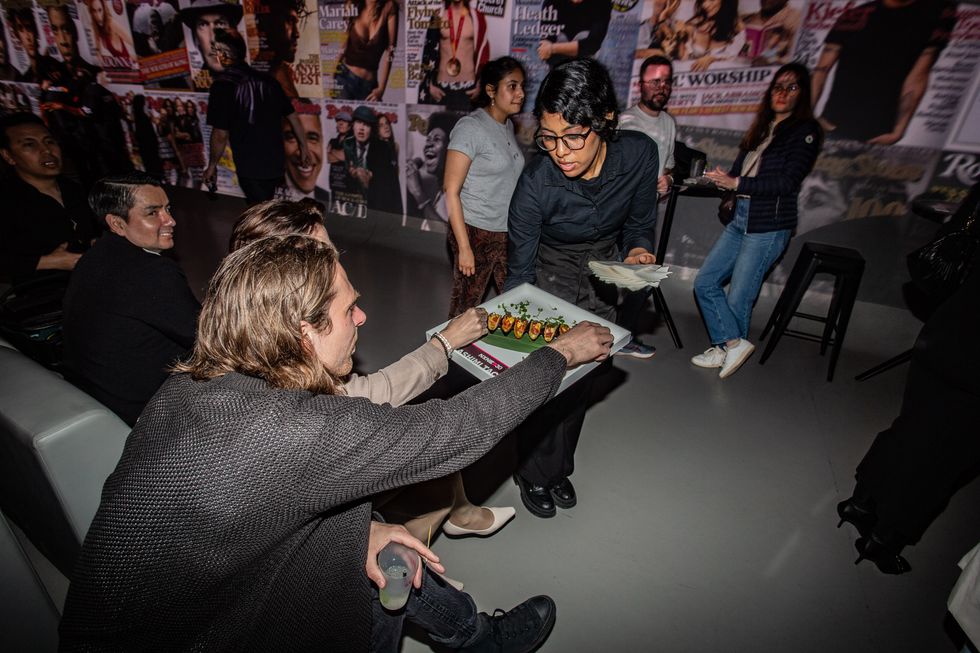 Catering Presented By The Food DudesPhoto by Snapdrg0n
Catering Presented By The Food DudesPhoto by Snapdrg0n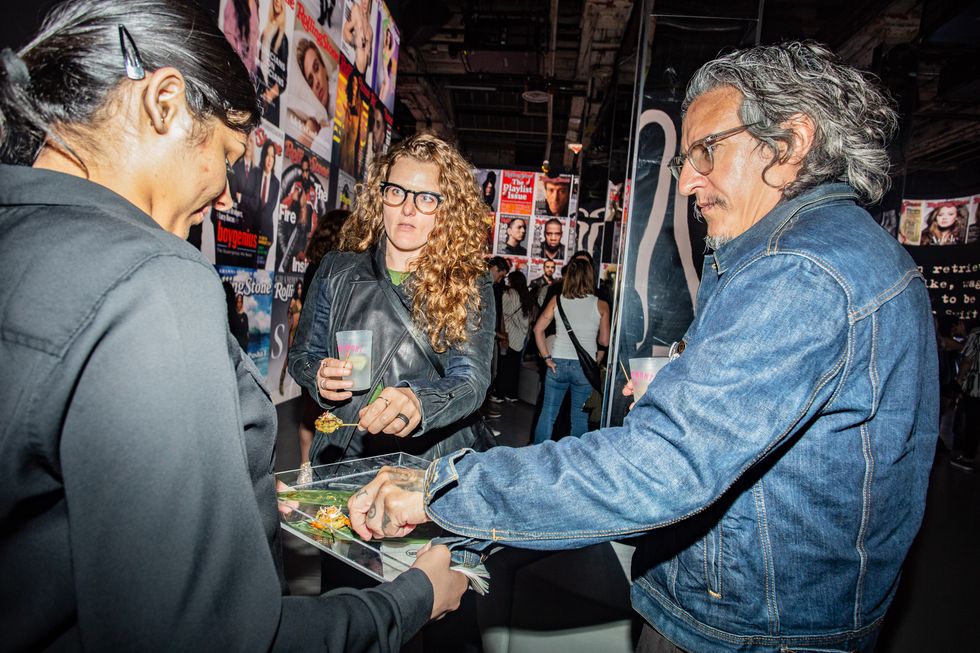 Catering Presented By The Food DudesPhoto by Snapdrg0n
Catering Presented By The Food DudesPhoto by Snapdrg0n Catering Presented By The Food DudesPhoto by Snapdrg0n
Catering Presented By The Food DudesPhoto by Snapdrg0n
 Photographer: Raphaëlle Sohier / Executive production: Elizabeth Crisante & Amanda Dorenberg / Design: Alex Filipas / Post-production: Bryan Egan/ Headpiece: Tristan Réhel
Photographer: Raphaëlle Sohier / Executive production: Elizabeth Crisante & Amanda Dorenberg / Design: Alex Filipas / Post-production: Bryan Egan/ Headpiece: Tristan Réhel Photo: Raphaëlle Sohier
Photo: Raphaëlle Sohier Photo: Raphaëlle Sohier/ Photo production: Bryan Egan/ Blazer:
Photo: Raphaëlle Sohier/ Photo production: Bryan Egan/ Blazer:  Photo: Raphaëlle Sohier/ Blazer: Vivienne Westwood/ Skirt :
Photo: Raphaëlle Sohier/ Blazer: Vivienne Westwood/ Skirt : 

